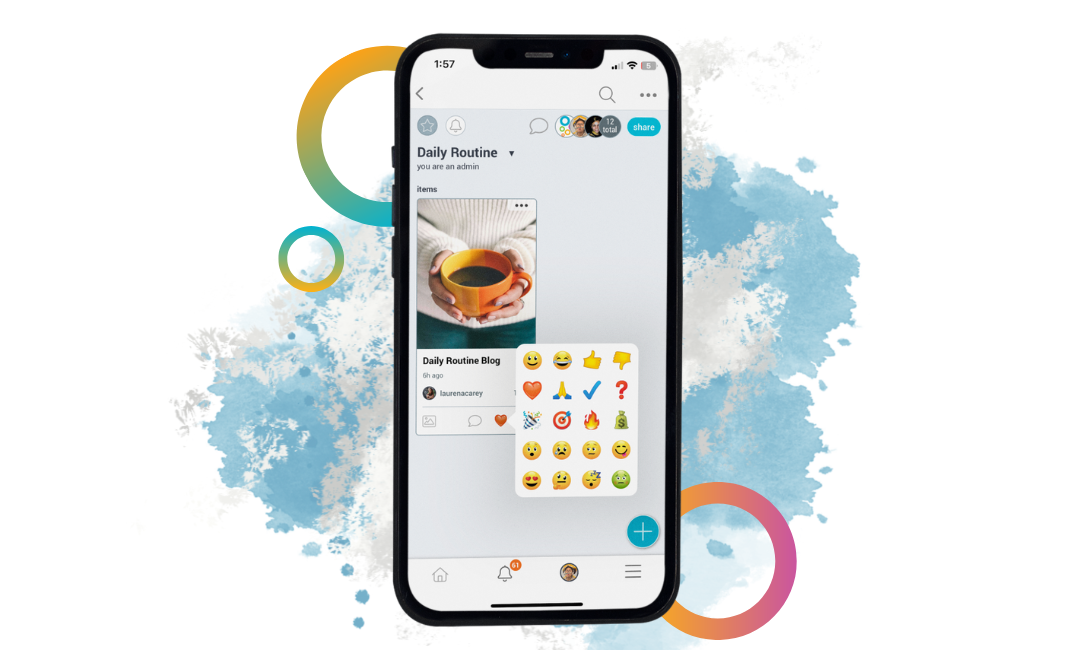Striving for productivity is great, but taking a break to just breathe is also necessary. You should also make time for self-care and socializing because you’re human first before you are a student, and as a human being, you need to cater to your physical, mental, spiritual, and emotional needs in order to function properly.
As a college student, you’ve likely heard your professors advise you against putting off until tomorrow, assignments you can finish today. Procrastination is highly frowned upon in the education sphere because it gives the impression that a student is choosing laziness over productivity. Every student subconsciously knows that they should make every day count even when they’re not making an effort to achieve this goal.
Successful people swear that one of the reasons they made it to the top was, they refuse to give in to procrastination. The strong message to always be on the move if one wants to make it can affect students quite negatively. Hardly anyone is candid enough to say they were not always active, and the reality is no one can register 100% performance all year round.
Striving for productivity is great, but taking a break to just breathe is also necessary. You should also make time for self-care and socializing because you’re human first before you are a student, and as a human being, you need to cater to your physical, mental, spiritual, and emotional needs in order to function properly.
So, in essence, you should avoid procrastinating unless doing so will be beneficial to your growth, goals, and happiness. Because you’ve been conditioned to associate constant hard work with achievement, intentionally procrastinating may feel difficult in the beginning. You might even feel like you’re betraying yourself by going against your belief systems. But over time, you will begin reaping the benefits of intentional procrastination, and the feelings of guilt will fade away.
This article will highlight four reasons why procrastination can be a good thing.
1. Get More Things Done
Active procrastinators don’t spend all their time going through their notes because their time is properly compartmentalized to accommodate other facets of their life. They find a way to quickly clear their to-do list and focus on other needs.
If you master active procrastination, you can be able to complete more things within a short period.
As a student, this will be a lifesaver because you will free up time for other equally important facets of your life. Understanding that education is not the only thing you should focus on while in college gives you the liberty to mold yourself into an all-around individual.
So what does active procrastination look like? For instance, your professors have left behind assignments for the weekend on a Thursday afternoon, but you have had such a busy day that you hardly have any energy to do any more work. So instead of immediately starting on these assignments, you can rest on Thursday evening and the whole of Friday, then use the weekend to work on them.
What most students do is start working on an assignment even though they’re exhausted, and they end up working for longer and getting even more exhausted because the system did not get a break. On the other hand, active procrastination uses the principle of rest and rejuvenation to allow you to spend less time working on energy-intensive assignments. So you could say another name for active procrastination is working smart because you use the right strategies to find the easiest way to get your work done.
Active procrastinators don’t spend all their time going through their notes because their time is properly compartmentalized to accommodate other facets of their life. They find a way to quickly clear their to-do list and focus on other needs.
2. Prioritize More Important Tasks
Sometimes, the tasks you have on your to-do list don’t actually need your attention. Procrastinating on them allows you time to contemplate their importance at the moment. More often than not, you will find one or two tasks that can wait as you attend to more pressing matters.
Embracing procrastination enables you to evaluate your priorities and figure out if you’re focusing your attention on the right things. For instance, if you have an assignment that’s due in three weeks and an upcoming sit-in exam in a week, you’re better off studying for the exam now and doing the assignment later.
3. Boost Creativity
When you have a big project, procrastination comes naturally because the task is so daunting. What you might not realize is, during this time, your brain is getting ready to tackle the project. So, if you let yourself procrastinate on a big project, you actually boost your creativity, and in the end, you find yourself better positioned to handle the magnitude of the task.
That said, it’s important to note that there is such a thing as over-procrastinating on a task. You should be careful not to wait too long to start working on a big project. Otherwise, you’ll have to rush it in order to meet the submission deadline.
4. Improve Your Decision-Making Process
To expedite the waiting process, consider talking to a friend about your ideas. Getting a second opinion allows you to see things more clearly, and your brain will know what you should do.
When you are not sure of the route to follow with an assignment, you should give yourself time to think through the ideas you have in mind. Procrastinating because you’ve not yet settled on the approach you want to take with an assignment ensures you have some time to choose the best of all your ideas.
You might feel anxious when you’re not working on the assignment, but just remind yourself that it’s a necessary wait if you want to write an impressive paper. Your rational mind will be nudging you to just start, and you will figure things out as you progress. But your intuition will insist that you wait a little bit longer because your brain is about to find the solution to your conundrum. To expedite the waiting process, consider talking to a friend about your ideas. Getting a second opinion allows you to see things more clearly, and your brain will know what you should do.
Wrapping Up
Now that you understand the good side of procrastination, you can use this technique to make your life in college easier. Be careful not to over-procrastinate because then you’ll have to deal with the last-minute rush.
About The Author
Anna is a freelance writer who has been working with Assignment Geek helping college students meet assignment deadlines for the past five years. Her excellent research skills and attention to detail make her the perfect academic assistant for students pursuing different courses.















